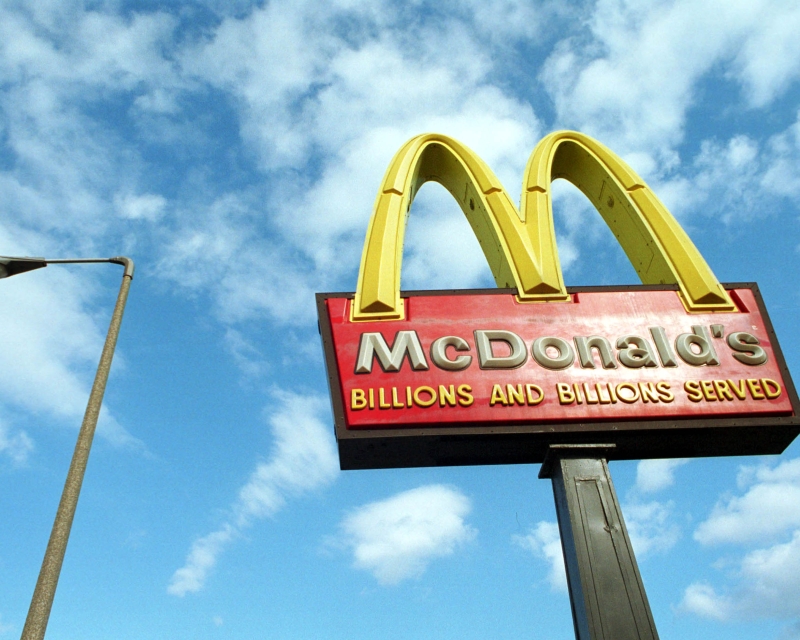California’s $20 Minimum Wage: A Burden on Fast Food Franchise Owners
California’s recent hike in the minimum wage for fast food workers to $20 an hour was intended as a boon for employees, but it’s proving to be a heavy burden for franchise owners across the state. The economic ripple effects are palpable, forcing many to make tough decisions that impact both their businesses and their workers.
Take Cheng, for instance, who operates a franchise in Orange County’s Fountain Valley. His workforce, once numbering over a dozen employees for afternoon shifts, has now been reduced to seven. The wage hike has compelled him to cut hours and eliminate overtime, leaving gaps that he must fill himself. Cheng’s story is not unique; it reflects a broader struggle among franchise owners grappling with this increased financial strain.
In the case of Scott Rodrick, the owner of the McDonald’s at Stonestown Galleria near San Francisco, the challenges proved insurmountable. Last month, Rodrick closed his doors, citing the economic pressures brought on by the wage increase as a significant factor. The closure of his business underscores a harsh reality: higher wages, while beneficial for workers in theory, can have detrimental effects on small business owners who operate on thin margins.
The narrative of economic hardship extends beyond individual anecdotes. Across California, franchise owners are faced with the difficult task of balancing fair wages with sustainable business practices. Many are resorting to reducing staff hours, cutting jobs, or even stepping into roles themselves to keep operations afloat. This not only puts additional strain on owners but also affects the quality of service and job satisfaction for remaining employees.
Critics of the wage hike argue that while the intention to improve worker compensation is commendable, the implementation lacks consideration for the economic ecosystem it disrupts. Franchise owners are now caught in a bind, forced to navigate between maintaining business viability and adhering to mandated wage increases.
The broader implications of this policy shift are yet to be fully realized, but the initial signs are concerning. Small business owners, particularly in the fast food sector, are feeling the squeeze, and the long-term consequences could include more closures, reduced service quality, and diminished employment opportunities.
As California continues to champion progressive wage policies, it’s crucial to strike a balance that supports both workers and business owners. Without this equilibrium, the state risks undermining the very economic stability it aims to enhance. The $20 minimum wage may uplift some workers, but if it comes at the cost of shuttering businesses and slashing jobs, the victory may prove to be a hollow one.






